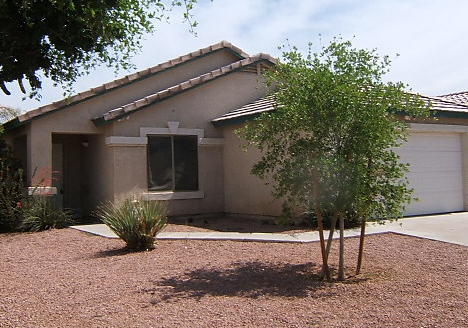This is my column for this week from the Arizona Republic (permanent link).
Has the Phoenix real estate market turned the corner? It’s too early to tell, but May’s results suggest we may be nearing the bottom
Are you in the mood for some good real estate news for a change? How about some news that’s not all bad? Here’s what news there is, in any case:
May was a very strong month for clearing bread-and-butter inventory in the Phoenix real estate market. BloodhoundRealty.com tracks sales of newer suburban tract homes — three bedroom, two bath, single-story homes with tile roofs and two-car garages — the middle of the housing-supply bell curve.
We have records going back to January of 2004, so we have tracked both the boom and the bust in our recent real estate history. May 2008 was the strongest month for the homes we track since May of 2007, with the best month before then being November of 2006. A total of 170 of these homes sold in May, up from 114 in April.
Prices were down, month over month, and not by just a little bit, so May’s results no doubt reflect the sale of a lot of lender-owned properties. But inventories of the homes we track are down by 7% from April and by over 14% from March.
The implied absorption rate from May’s results is 5.2 months, down from 8.4 months for April. Absorption rate is the amount of time it would take to absorb all currently-available inventory at the current rate of sales.
The absorption rate calculation is less than reliable, since it uses backward-looking numbers to make a forward-looking projection. But substantially greater sales taken together with substantially lower inventories is a very good sign.
As a matter of anecdotal evidence, earlier this week I phoned the listing agent of a very market-weary short sale. After months of no activity, three offers came in over the weekend. The seller issued multiple counter-offers, with the high-bid being $17,000 over the list price.
So has the Phoenix real estate market finally turned the corner? We won’t know for sure for two or three months after the fact, but May or June could be the bottom of the market in Phoenix.
Technorati Tags: arizona, arizona real estate, investment, phoenix, phoenix real estate, real estate, real estate marketing
